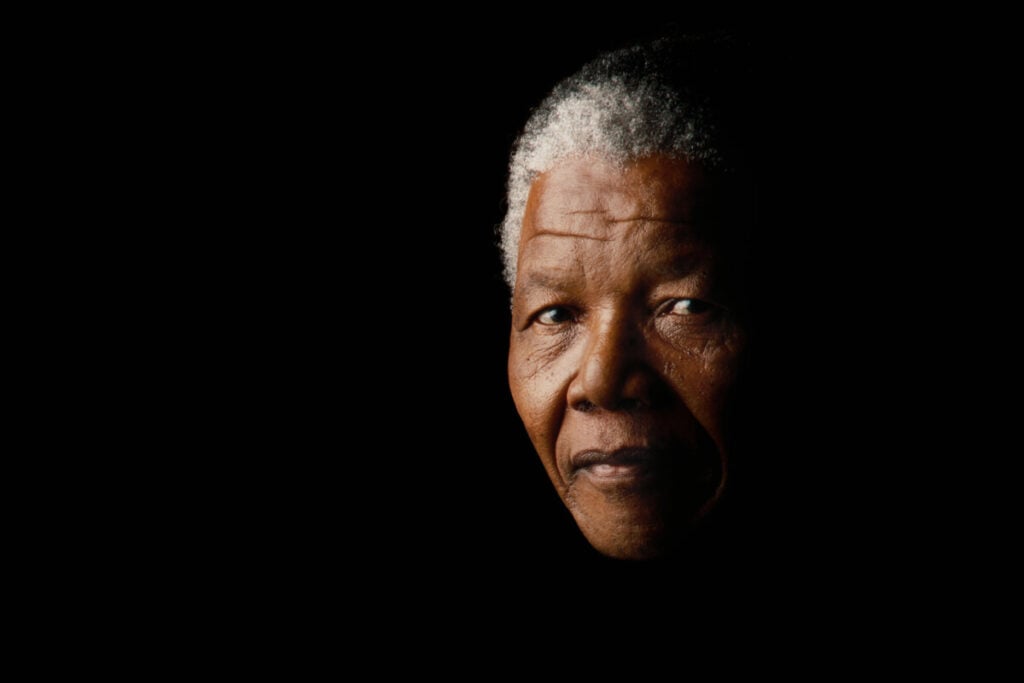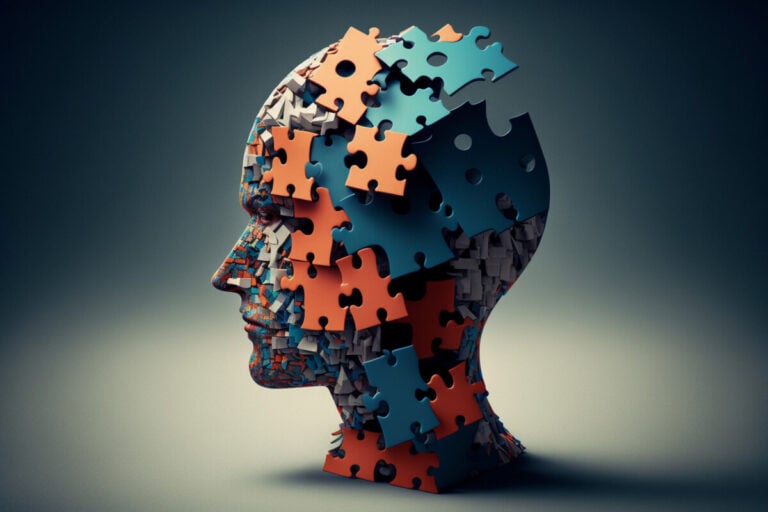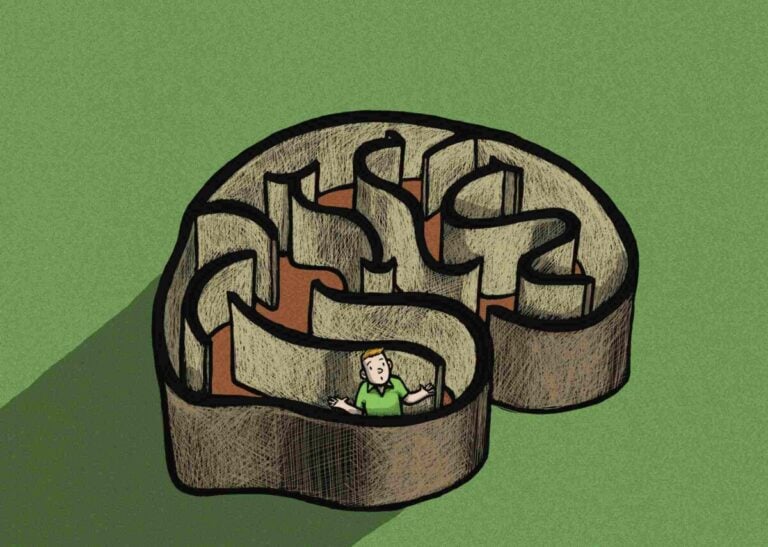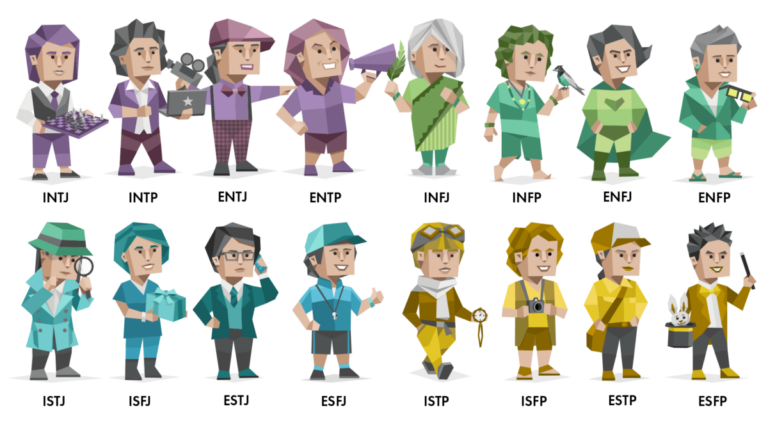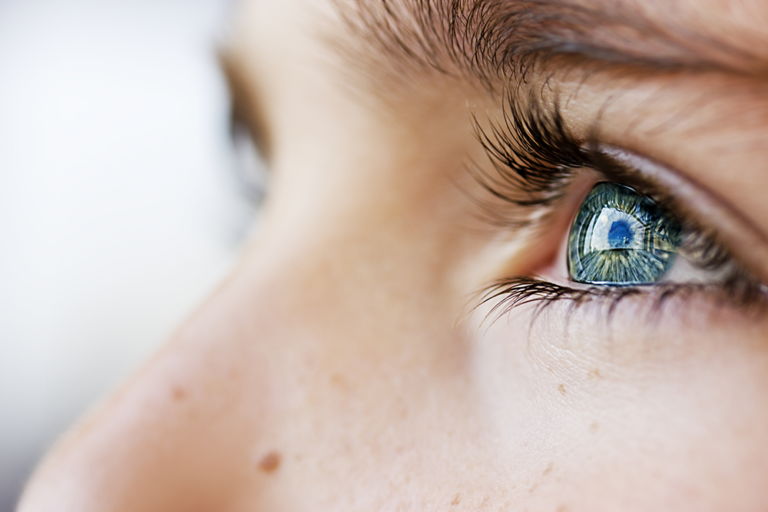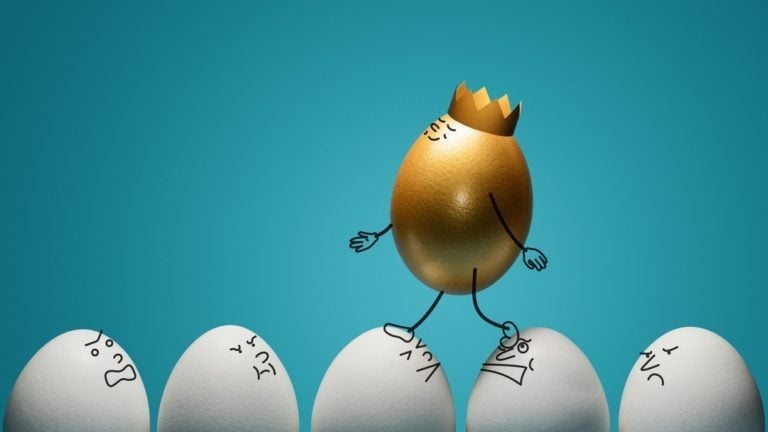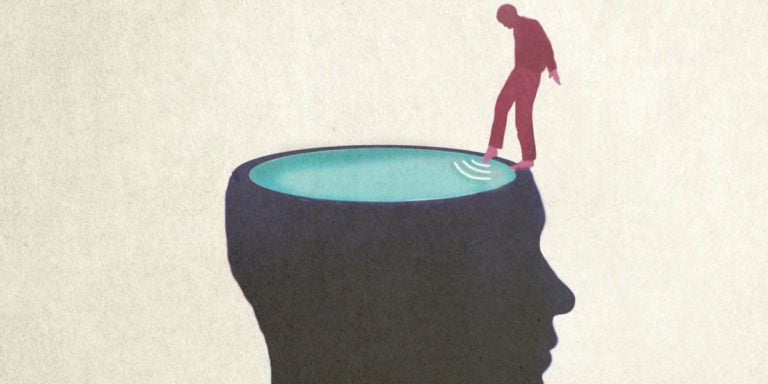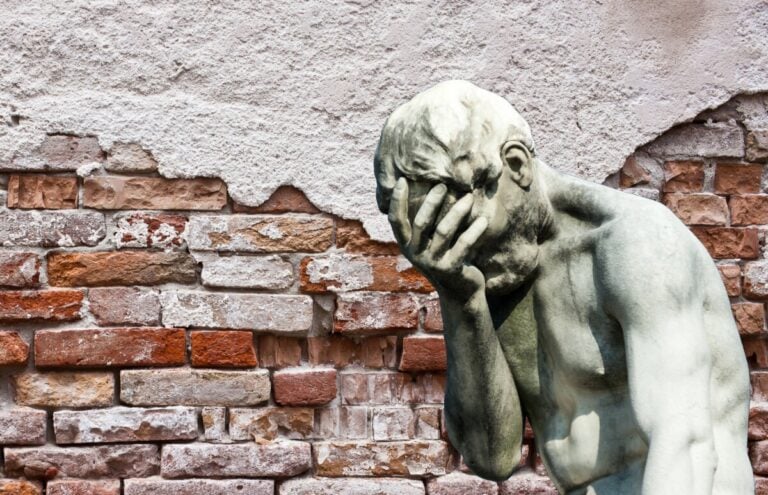Human memory is a mysterious storehouse of unique memories, but sometimes it plays funny games with us. Have you ever encountered a situation where a group of people equally misremember an event or fact? If yes, then you are already familiar with the Mandela effect.
The phenomenon gets its name from the widespread false memory that Nelson Mandela died in prison in the 1980s. In fact, he only passed away in 2013.
Studying this phenomenon helps us take a fresh look at how our brains work and realize that even the “obvious” can be subject to error. Ultimately, it reminds us of the importance of testing information and critical thinking.
So the next time your friend confidently talks about “Uncle Sam” from the legendary Monopoly logo without a monocle (even though he never had one), you will know that this is a classic example of the Mandela effect. Use this opportunity for an exciting conversation about the mysteries of human memory!
Psychological mechanisms contributing to the emergence of the Mandela effect
One key factor is our trust in social sources of information. We tend to accept information from people around us—friends, family, or the media—at face value. After all, if everyone is talking about the same thing, then it must be true?
In addition, conformism – the desire to conform to the opinions or expectations of the group – has a strong influence. When we see others support a certain point of view or memory, we may change our beliefs for the sake of belonging to the group.
These psychological tendencies make our memory vulnerable to error. And while the Mandela Effect may seem like a harmless riddle of the human mind, it also reminds us of the need to develop critical thinking and check information before accepting it.
This is a short excursion into how the Mandela effect works and what psychological aspects contribute to its occurrence. Learn to recognize its manifestations and use the knowledge you gain for a more conscious attitude towards the surrounding reality!
Examples of the Mandela effect: How our memories play hide and seek with us
Let’s dive into the scrapbook of collective illusions and look at some fascinating examples of the Mandela Effect.
Uncle Sam from Monopoly without a monocle
Many of us remember Uncle Sam from the game Monopoly with a monocle. However, this is not true – the character never had this accessory!
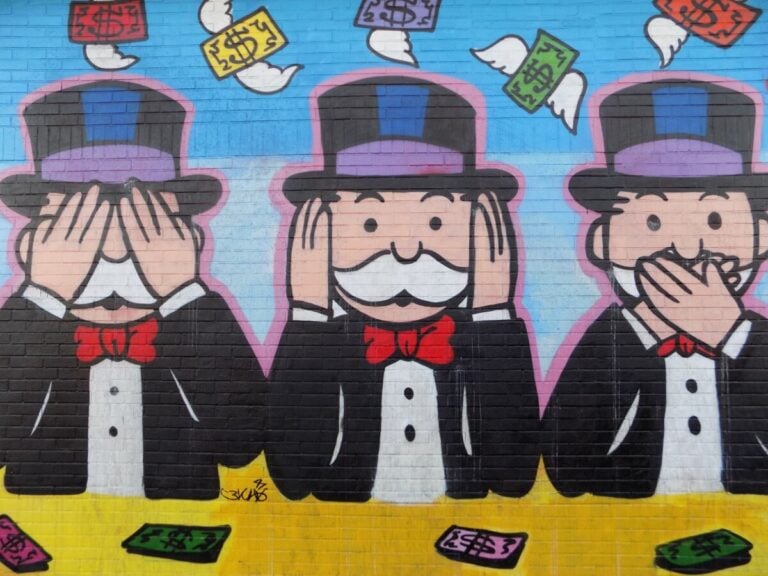
“Peace Luke, I am your father”
One of the most famous quotes from the Star Wars movie is often quoted as “Luke, I am your father,” although the actual phrase was “No, I am your father.”
Position of Mona Lisa’s portrait hand
Some believe that Gioconda crossed her arms in the portrait of Leonardo da Vinci. However, if you look at the painting more closely, you will notice that her right hand lies on top of her left.
Nike sneakers color
Internet users are divided: some see the Nike sneakers as one color, others as another. This is reminiscent of the dress that became an Internet meme and caused a lot of controversy about its color.
With each new discovery of such “misfires” of memory, we learn to trust verified information more and critically approach our memories.
Consequences of the Mandela effect for the psyche and society
The Mandela Effect is more than just a funny misunderstanding. It holds the key to understanding how our memories can be distorted by the collective consciousness. What are the consequences of this phenomenon for the individual psyche and social consciousness?
On an individual level, the Mandela Effect can cause doubts about the reliability of one’s own memory, which can sometimes lead to discomfort or even anxiety. At the same time, recognizing that our perception of reality is subject to error can stimulate the development of critical thinking.
At the societal level, the phenomenon indicates a deep connection between the human psyche and social processes. False collective memories can reinforce group identity or encourage the spread of “fake news.”
Future research into the Mandela Effect should focus on identifying ways to protect against the negative effects of false memories. It is also important to explore the potential of this phenomenon to create more harmonious social connections.
